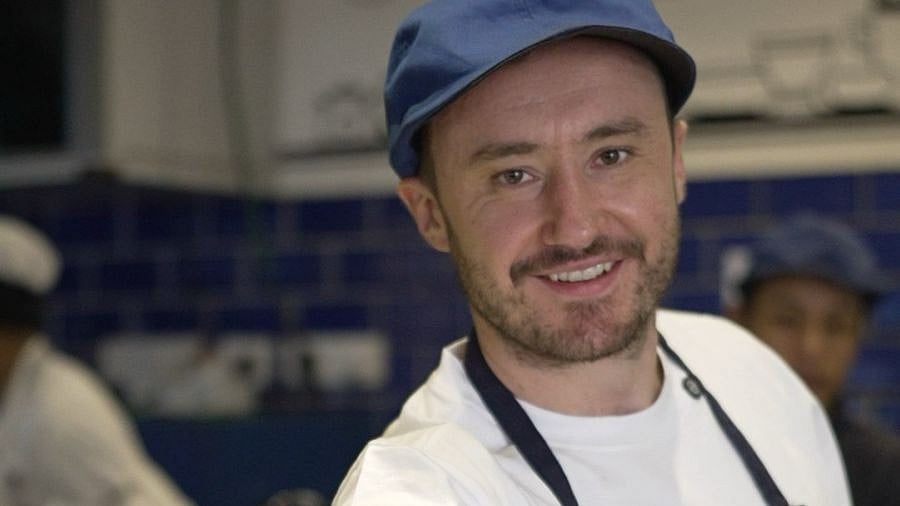
Credit: Special Arrangement
A 22-year-old American moved to Bengaluru in 2012 with a dream of starting a business. Today, he owns a chain of California-style Mexican restaurants with over 100 outlets in India. A video by an American news channel featuring Bert Mueller’s story of starting California Burrito recently went viral on social media.
In the video, he talks about why he chose Bengaluru for his passion project, the challenges he faced, and everything he loves about the city. Over the years, several expats have launched successful food businesses in Bengaluru. Metrolife asked what draws them to the city.
Curious crowd
Nicolas Grossemy, from northern France, is the co-founder of the gourmet sandwich chain Paris Panini. The venture, which has eight branches and seven cloud kitchens in the city, grew out of a food truck he ran for five years. He came to Bengaluru in 2014 to intern with a digital communication agency because he was “interested in learning about startup culture”. “Soon, I started feeling comfortable in the city and also noticed a gap in the market for French food. I decided to start a food truck business to sell paninis,” recalls the 33-year-old.
Originally from Malaysia, Joonie Tan moved to Bengaluru because of her husband, Vinesh Johny, who is the co-founder of Lavonne Hospitality. Joonie is also the chief pastry artist at Lavonne Cake Studio. After working as a pastry artist for about 13 years, she co-founded Kopitiam Lah, a Malaysian eatery and coffee shop in Indiranagar, last year. “People here want to understand what they’re eating, where it comes from, and how it’s made,” says the 40-year-old.
“My restaurant was my way of reconnecting with my roots and sharing a part of my childhood with the city that’s become my home,” she shares. Bengaluru’s curious nature and open-mindedness when it comes to food is why she chose it for the venture.
Hiroshi Sakamoto moved from Japan to Bengaluru in 2006 to work as a chef and manager at a Japanese restaurant. In 2018, he started Sarasa Japanese Kitchen in Kengeri to cater to the growing influx of Japanese nationals.
“While the locals were showing interest in our food, I was more interested in catering to the Japanese nationals who were moving here, with many Japanese companies setting up offices in the early 21st century,” says the 46-year-old. A majority of his customers are Japanese.
In comparison, at Azukii Bistro in Richmond Town, 90% of the customers are Indian. It started as a small Japanese sweet shop on Residency Road before transitioning into a full-blown restaurant in 2019. “Through the ups and downs, the local crowd has embraced Japanese culture. That’s the biggest motivation,” shares Rie Goto, co-owner. She first visited Bengaluru in 2000 on a backpacking trip and decided to stay in the city.
BUSINESS LESSONS
Apart from red tape, long-term staffing is a significant challenge these restaurateurs face. “This is detrimental as learning to cook Japanese food takes time. But in the last year or two, this situation has improved,” says
Rie Goto. Rie hires local staff and is now sending them to Japan for culinary training. She has also noticed that Bengalureans prefer specialised cuisines. “Recently, someone wanted to start a restaurant selling rice
porridge. That didn’t work out,” adds the 59-year-old.
According to Nicolas Grossemy, understanding the pulse of a city is critical for the success of a business. “The five years I spent here helped me understand how both the people and the administration work. If foreign businesses fail, that’s where they are going wrong,” he adds. Currently, he is learning Kannada and Hindi to communicate better with his staff.